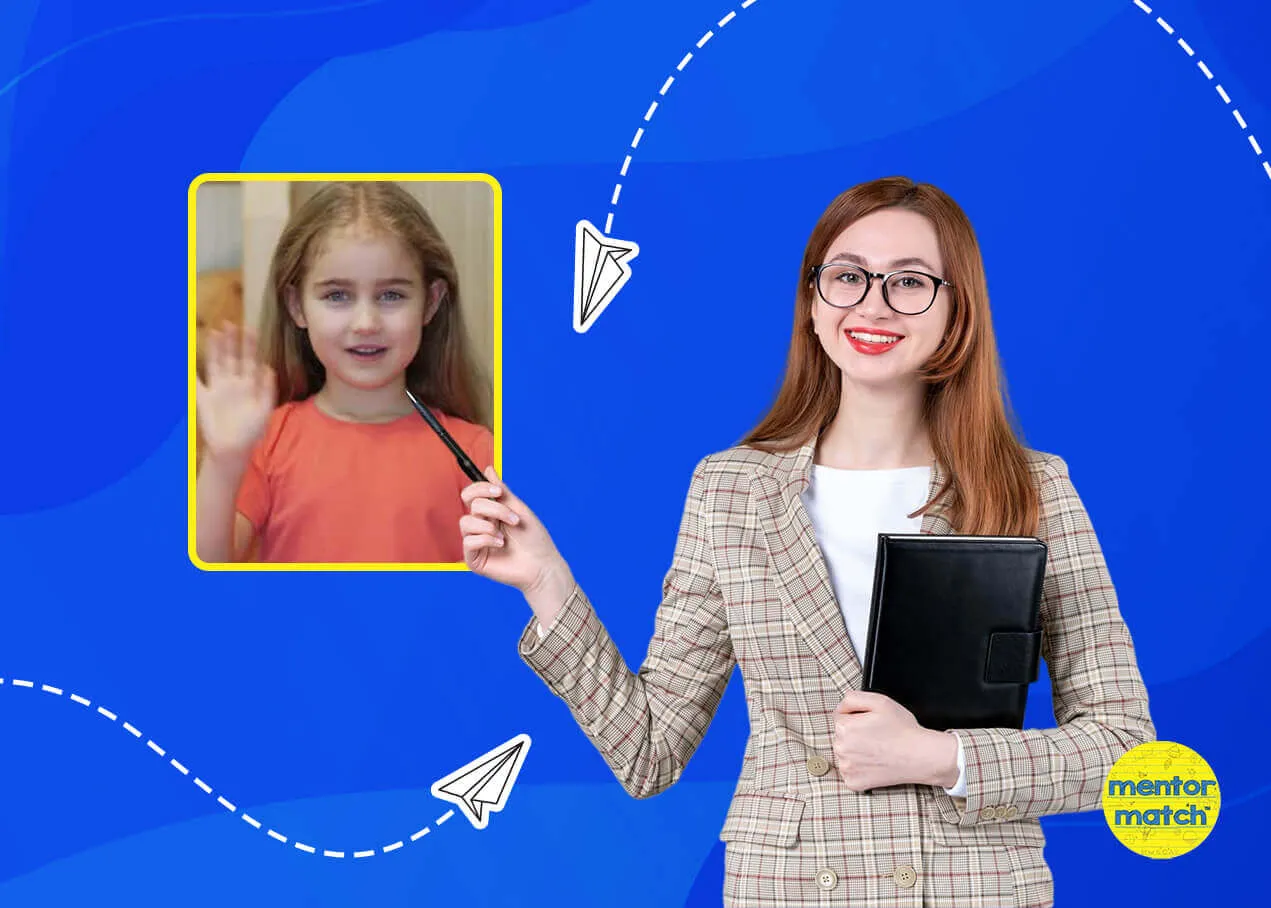
77.32% of parents see better grades in 3 months!
Learning through K-12 education can feel like sailing against the tide for many young learners today. As students strive to find their footing, they encounter a series of hurdles that can test their resolve, sometimes hinder their academic progress, and impact their mental well-being. In this blog, we will explore five significant challenges that K-12 students face, using vivid examples of our mentor match students to illustrate these obstacles.
1. Overwhelming Academic Pressure
From a very young age, students are thrust into a high-stakes environment where academic excellence is not just encouraged but expected. Consider the case of Emma, a tenth grader, who spent sleepless nights before taking private tutoring at mentor match preparing for multiple AP courses while also trying to prove herself in extracurricular activities to enhance her college applications. Running for these top grades and high test scores can lead to stress, anxiety, and a dreaded burnout, making students feel as though they are constantly running an educational marathon with no finish line in sight.
2. Different Learning Needs Not Being Met
Traditional classrooms are melting pots of diverse learners, each with their unique styles and paces of learning, which often go unrecognized in a standard educational model. Take Lucas, for example, who has ADHD and found it difficult to focus in a conventional classroom setting that rewards quiet, sedentary learning. Without the necessary accommodations or recognition of their learning style, such kids can become increasingly disengaged and discouraged, his potential dimmed by a one-size-fits-all approach.
3. Lack of Engagement
Engagement is the key to active learning, yet it remains elusive in many classrooms where one-dimensional teaching methods prevail. Mia, a visual learner,udes to find herself lost during long lectures that lack any visual stimulation or hands-on activities.
This disconnect not only made her learning a chore but can also hinder curiosity and enthusiasm for education, leaving students like Mia disconnected and disinterested in the academic content being delivered.
4. Struggling with Time Management
For students juggling academics, extracurricular activities, and personal commitments, managing time effectively is both crucial and challenging. Alex, a student athlete, often struggled to find balance, his academic responsibilities clashing with sports commitments.
The pressure to excel in both arenas without the tools to manage his time efficiently can lead to overwhelmed feelings, compromised sleep, and a decline in both academic and athletic performance.
5. Limited Access to Quality Education
Access to quality education should be a universal right, yet for many students, it remains a privilege. Sara, who lives in the countryside, attends a school that lacks resources and advanced courses in science and math.
Her dreams of becoming an engineer were hindered by her geographical realities for a while, which could limit such kids' exposure to quality teaching and learning resources.
Such challenges in K-12 education can be tough especially if you don’t put efforts to find proper solutions, but there are effective solutions available. Online course help platforms and personalized tutoring are game-changers.
Private online tutoring stands out as a vital tool that can bridge the gap between these challenges and effective learning solutions. It provides a personalized tutoring approach where tutors can adapt their teaching styles to meet the individual needs of students like Lucas and Mia, making learning engaging and accessible. For students facing immense academic pressure, tutors can offer supportive and paced learning environments that alleviate stress and promote healthy study habits.
Time management coaching from online tutors can empower students like Alex to schedule and prioritize effectively, turning chaotic days into structured learning opportunities. Additionally, for students like Sara, online tutoring opens up a world of opportunity by connecting them with expert educators and specialized courses that are otherwise unavailable in their local areas.
By addressing these key challenges, online tutoring not only enhances academic achievement but also supports the overall well-being of students, helping them through their educational journey with confidence.



.png)
.webp)
.webp)